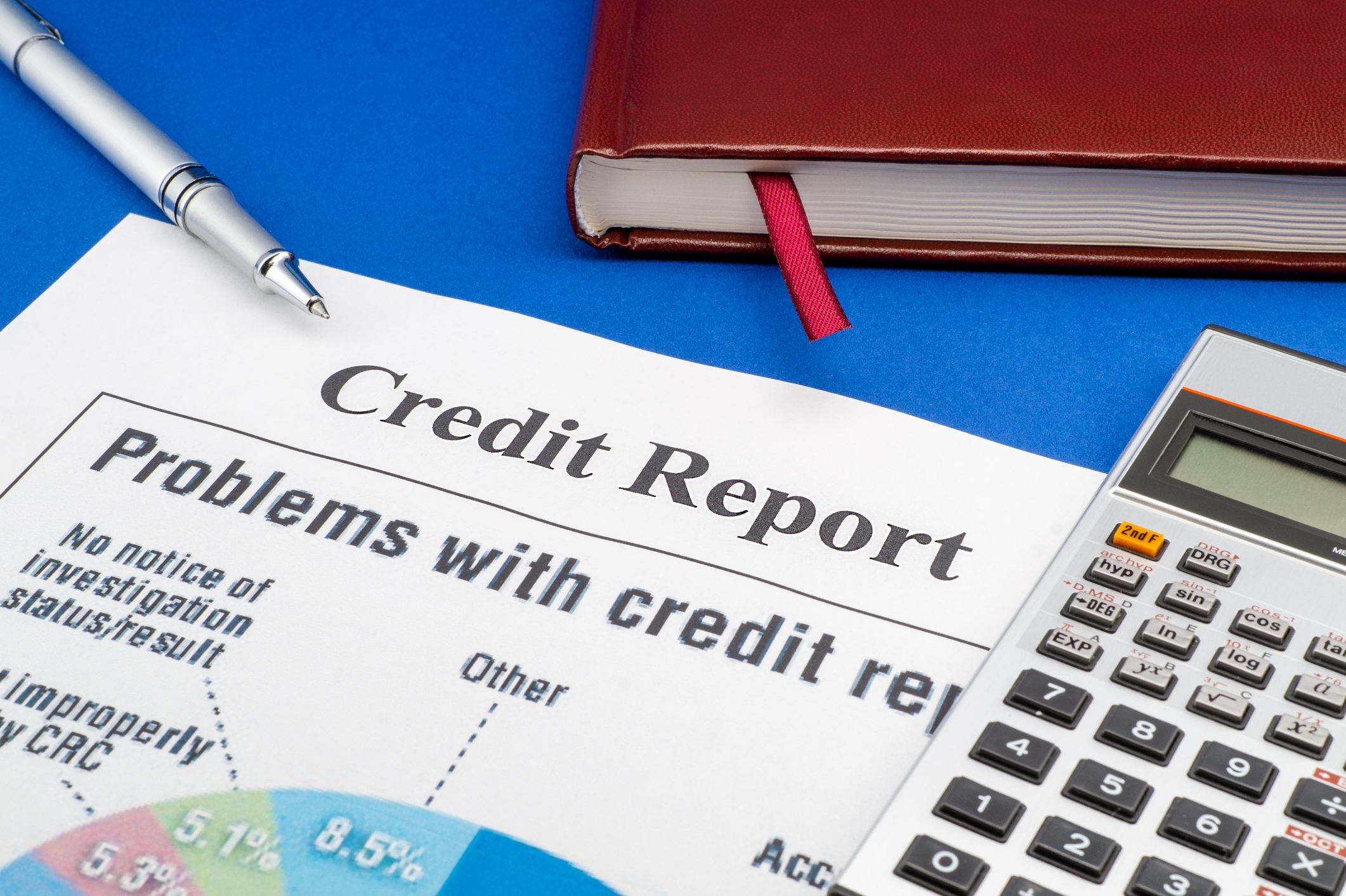Disputing Inaccuracies on Your Credit Report
Your credit report is a key that can unlock opportunities or quietly hold you back. Whether you’re applying for a mortgage, renting an apartment, or even interviewing for a job, what’s written on that report matters. It’s not just frustrating when you discover something that doesn’t belong there, like a mysterious collection account, an outdated address, or a loan you never took out. It’s urgent. Disputing inaccuracies on your credit report might sound daunting, but it doesn’t have to be.
Get Your Credit Reports
You’re entitled to free weekly credit reports from the three major credit bureaus: Equifax, Experian, and TransUnion. Annual Credit Report is the only site authorized by federal law to provide these reports for free. Request reports from all three because not every bureau receives the same information from creditors. A mistake might show up on one report but not the others.
Review Every Detail
Once you have your reports in hand, set aside some uninterrupted time to go through them line by line. Look for incorrect personal information, such as a wrong address, a misspelled name, or outdated employment information. Also, check for accounts you don’t recognize, duplicate accounts, and incorrect balances or credit limits. As you review, check for payment history errors and closed accounts marked as open or vice versa. Highlight or note anything that looks off. This is your evidence.
Why Credit Report Errors Matter
It’s easy to overlook a small mistake on your credit report, like a misspelled name or an old address. Even minor inaccuracies can have a serious ripple effect when the error involves your financial accounts. Lenders, landlords, insurers, and employers rely on your credit report to assess risk. If that report contains incorrect negative information, it could cost you real money or opportunities.
For example, a single payment incorrectly marked as late can cause your credit score to drop by as much as 60 to 100 points, depending on your credit history. That drop can impact your ability to be approved for a loan or receive a low interest rate, costing thousands of dollars over time. Duplicate or fraudulent accounts can make it look like you’re overextended or financially unstable, even if you’re managing your credit responsibly. An unresolved error could raise red flags where none should exist. Taking errors seriously and taking action when you find them is crucial.
Gather Supporting Documents
Disputing a credit report error isn’t just about telling the credit bureaus something’s wrong. It’s about showing them. If your report shows a late payment on a credit card and you know you paid on time, you’ll want to find bank statements, payment confirmations, or letters from your lender to back that up. If there’s a collection account you’ve never seen before, pull together identity theft reports or police documentation, if applicable. Emails, screenshots, or billing statements can help support your case.
File a Dispute
You may file a dispute online, by phone, or by mail. When sending a dispute, include a clear explanation of the error, a copy of your credit report with the error highlighted, copies of supporting documents, a copy of your government-issued ID, and a recent utility bill to verify your identity.
Contact each bureau at:
Equifax:
Online: Equifax Dispute Center
Mail: Equifax Information Services LLC
P.O. Box 740256
Atlanta, GA 30374-0256
Experian:
Online: Experian Dispute Center
Mail: Experian
P.O. Box 4500
Allen, TX 75013
TransUnion:
Online: TransUnion Dispute Page
Mail: TransUnion LLC Consumer Dispute Center
P.O. Box 2000
Chester, PA 19016
Wait for the Investigation
Credit bureaus are legally required to investigate your dispute, typically within 30 days. During this time, they’ll contact the creditor who reported the item and ask them to verify the information. The bureau must remove or correct the item if the creditor can’t provide evidence or doesn’t respond. You’ll get the investigation results by mail or email, depending on how you submitted the dispute. You’ll also get a free copy of your updated report if changes are made.
Follow Up
You have several options if your initial dispute doesn’t result in a correction. You can resubmit your dispute with additional documentation, contact the creditor directly to request a correction, or file a complaint with the Consumer Financial Protection Bureau (CFPB). You also have the right to add a short personal statement to your credit report explaining the situation that lenders can see when reviewing your file. In more complex cases, such as ongoing identity theft or repeated reporting errors, you may seek legal advice or freeze your credit while the issue is resolved. Persistence is key to making sure your credit history reflects the truth.
Be Proactive, Not Just Reactive
Even if your credit report is clean today, that doesn’t mean it will stay that way. Credit reporting errors are common. Get into the habit of checking your reports at least once a year and more often if you’re preparing for a major purchase or recovering from fraud. Some credit monitoring services offer alerts for changes to your report. While not a substitute for reviewing the reports yourself, they can be a helpful early warning system.
Errors on Your Credit Report Can Cost You Thousands—Atlas Law Center Helps Make It Right
You spotted a mistake on your credit report, but the credit bureaus aren’t listening. You deserve an accurate credit report and legal help when the system fails. Atlas Law Center helps people like you fix credit reporting errors, stop debt collector harassment, and restore financial credibility. Whether identity theft, false late payments, or accounts that aren’t yours are being reported in error, we’ll fight to get your report corrected—and we don’t back down from big credit bureaus. Contact us today at 331-321-4748 to schedule a free consultation.


